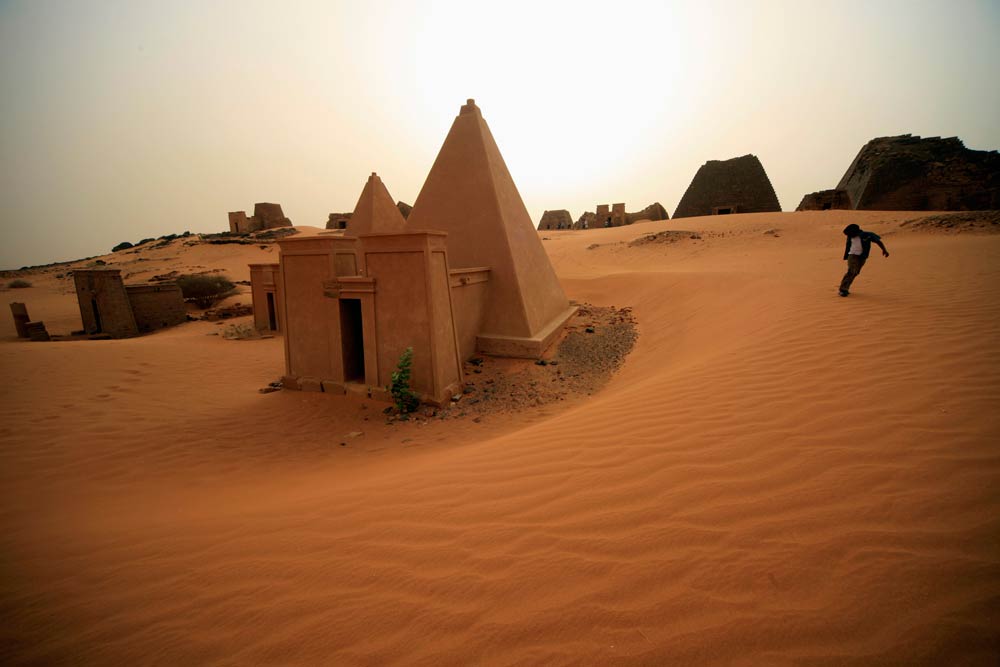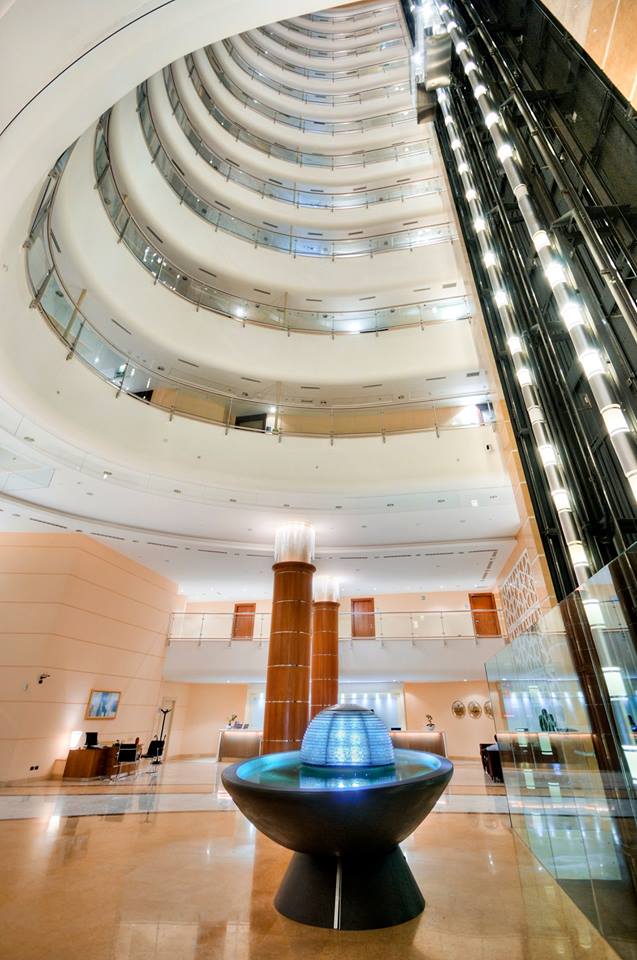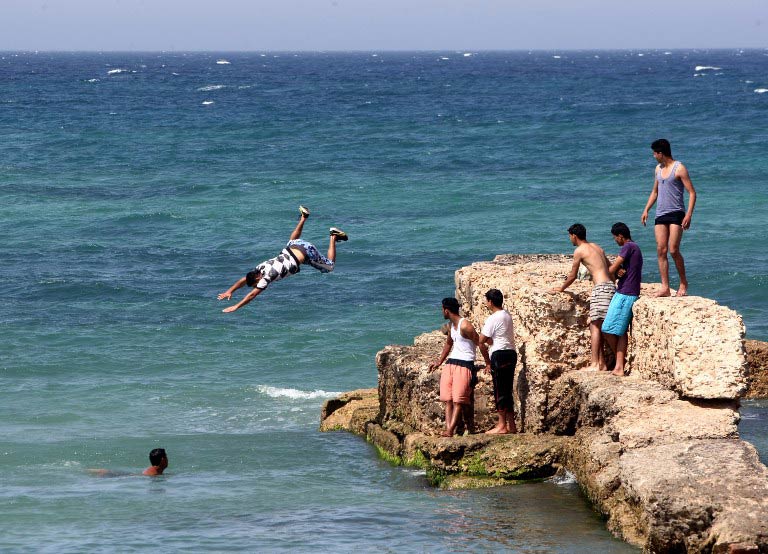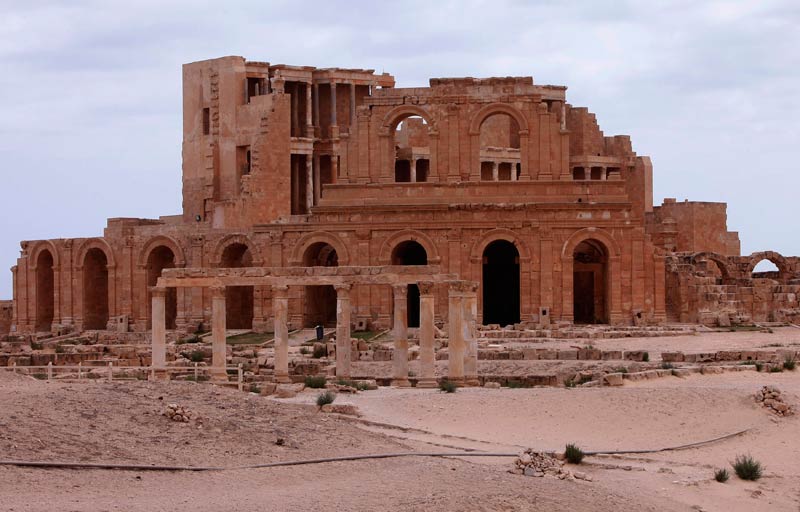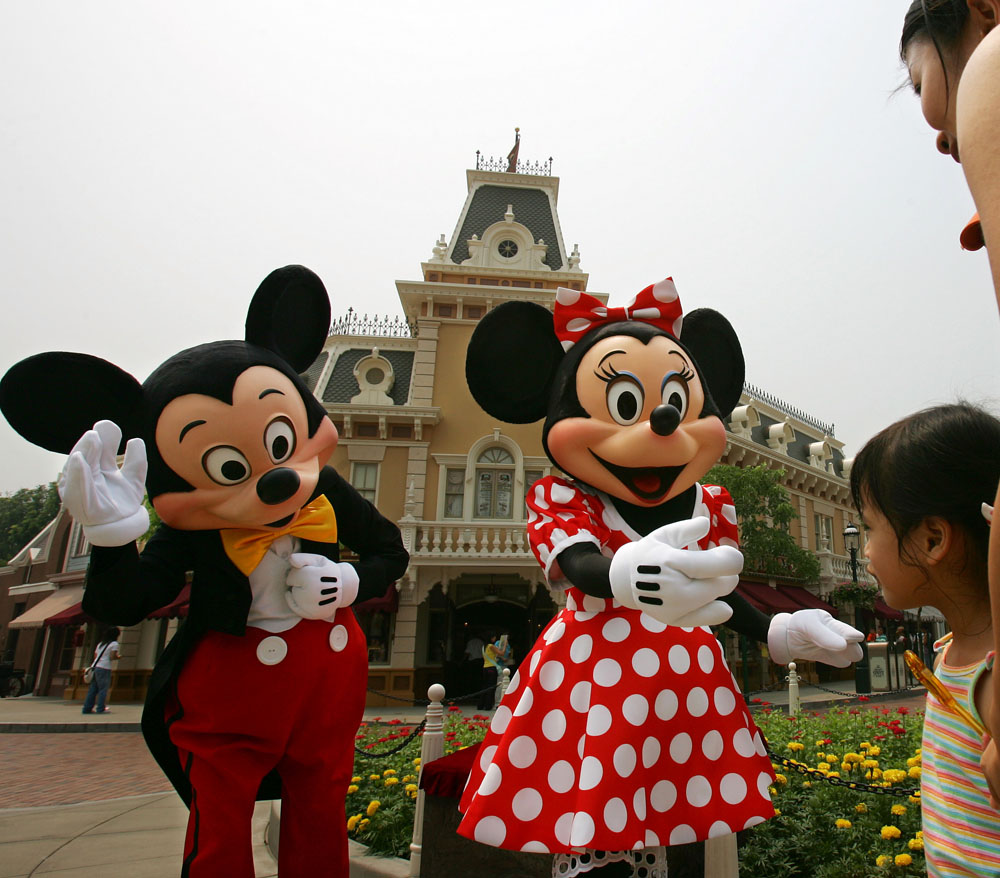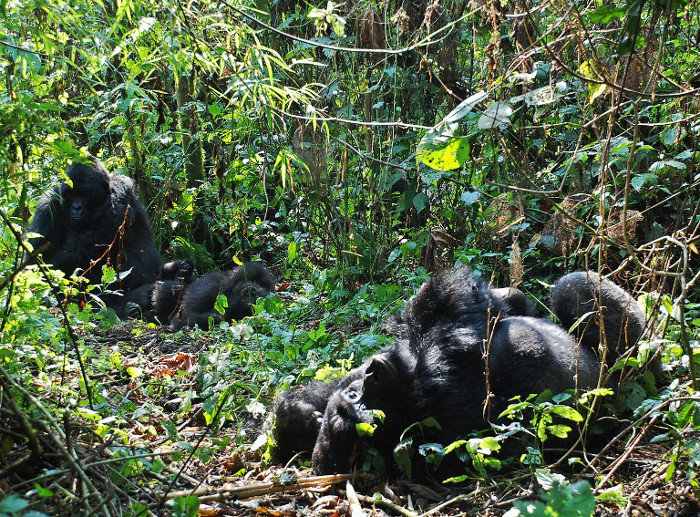
Tourists perch perilously on a volcano’s edge as swirling smoke belches from the fiery cauldron of lava below, the latest unlikely visitors holidaying in war-torn Democratic Republic of Congo.
Below, sounding like a roaring sea, spurts of molten rock fly high into the air, as one of the world’s largest lava lakes and most active volcanos puts on its mesmerising show.
Eastern DRC has been mired for decades in rebel battles, but such sights are helping bring tourists back to Virunga National Park, which reopened last year after the battle lines shifted in its favour.
Surrounding misty forests in green hills of the vast park — stretching for 7 800 square kilometres — are home to a quarter of the world’s critically endangered mountain gorillas.
The tourists are vital: the income they bring funds the park’s survival.
“The frontlines, they were down there,” one porter says, peering down from the volcano through the jungles towards the lights of the lakeside city of Goma, some 20 kilometres southwards, referring to a rebel force who briefly took control in late 2012.
Nyiragongo, a 3 470 metre peak and a steep and stiff five-hour hike from lush rain forests, is part of a chain of volcanoes in one of the world’s most active regions.
Tourism ‘vital’ to Virunga’s future
“Holiday on Mount Doom,” said Fabian, a teenage Belgian tourist visiting with his mother, referring to the volcano in the fantasy world of British author JRR Tolkien’s The Lord of the Rings epic.
“Some things can only be believed by seeing,” he added quietly, peering down from the cliff’s edge in hushed awe at the raging fire below, the night sky turned red from the glowing lava.
The tourist industry in the region — needed to keep the Unesco world heritage site running and its animal inhabitants safe — collapsed in 2012.
Militia forces remain active, and Virunga’s chief warden Emmanuel de Merode was himself wounded by gunmen by 2014.
But the well-trained and armed guides say it is now safe, and visitors are coming back. For tourists, an hour with a gorilla family costs $400, while a night on the volcano costs $250.
Tourism revenue is “vital” to the future of Virunga, helping to benefit some four million people in and around the vast park, as well as “peace and prosperity” in general, said Merode.
It gives people an alternative income than cutting down the forests for charcoal, and a motivation to protect the park.
“Every tourist that visits Virunga is contributing,” Merode said.
In 2011, more than 3 000 visitors came to Virunga, but violence forced the park shut the next year, and only fully reopening in late 2014.
Tourist numbers have bounced back, with almost 3 000 visiting already so far this year, bringing in much needed revenues to pay rangers.
A total of 16 tourists can hike up the mountain a day — on a recent trip in torrential rain and hail storms up the peak, a dozen tourists took part, with nationalities including Americans, Belgians, British and Israelis.
The last major eruption in 2002 saw fast flowing lava devastate the Goma, covering the city of around a million in a river of molten rock flowing as fast as 100 kilometres an hour.
Oscar-nominated 2014 documentary Virunga — which showed the efforts to protect Africa’s oldest national park from war, poachers and oil companies — has also brought back tourists.
‘I saw how the Earth was born’
“We saw the film, and said, we have to see that,” said Jacques, a Belgian businessman working in Congo, after trekking into the steamy jungles to see the gorillas, the symbol of the park.
Rangers communicate with the gorillas, exchanging heavy grunts to reassure the groups, including the massive male “silverback” weighing an estimated 160 kilos.
“With each person coming to visit Virunga, there is a little bit more hope that things will get better,” said Mélanie Gouby, a French investigative journalist, whose work to expose oil company expansion into the park is a key part of the film.
“It’s wonderful that so many tourists have come back in such a short time after the end of the conflict — to hear that the documentary is part of the reason why they are coming to Virunga is both incredibly exciting and humbling,” Gouby added.
As night falls and temperatures drop below freezing, the warmth from the molten lava warms the hands of the tourists, dangling their legs over the sheer drop into the crater, watching plate tectonics in action.
“I saw how the Earth was born,” one entry from an American couple read in the park’s visitor’s book. “How often can you climb a mountain and come back with an understanding of how we are all here?” – By Peter Martell

